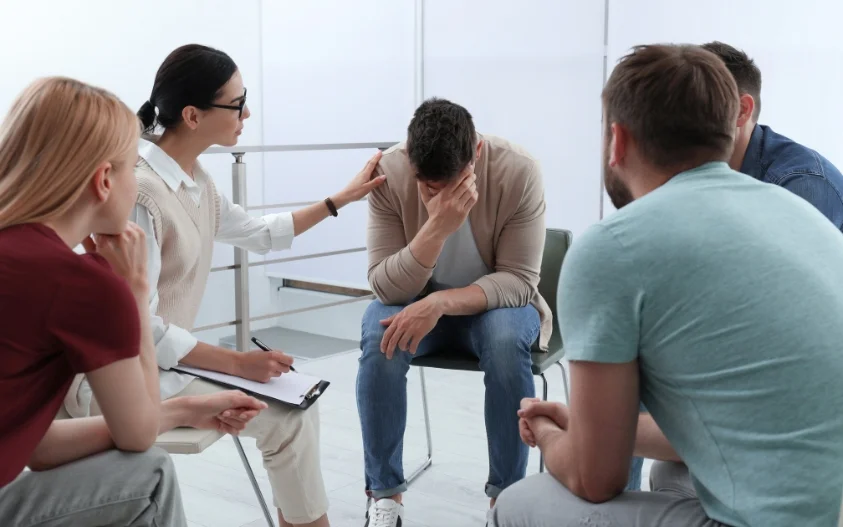24/7 Helpline:
(866) 899-221924/7 Helpline:
(866) 899-2219
Learn more about PTSD Treatment centers in Valley Grove
PTSD Treatment in Other Cities

Other Insurance Options

Premera

Magellan Health

Cigna

BlueShield

Kaiser Permanente

BlueCross

AllWell

Horizon Healthcare Service

Amerigroup

Covered California

Anthem

Lucent

Sliding scale payment assistance

Magellan

Molina Healthcare

Medical Mutual of Ohio

State Farm

Group Health Incorporated

Evernorth

Absolute Total Care

























